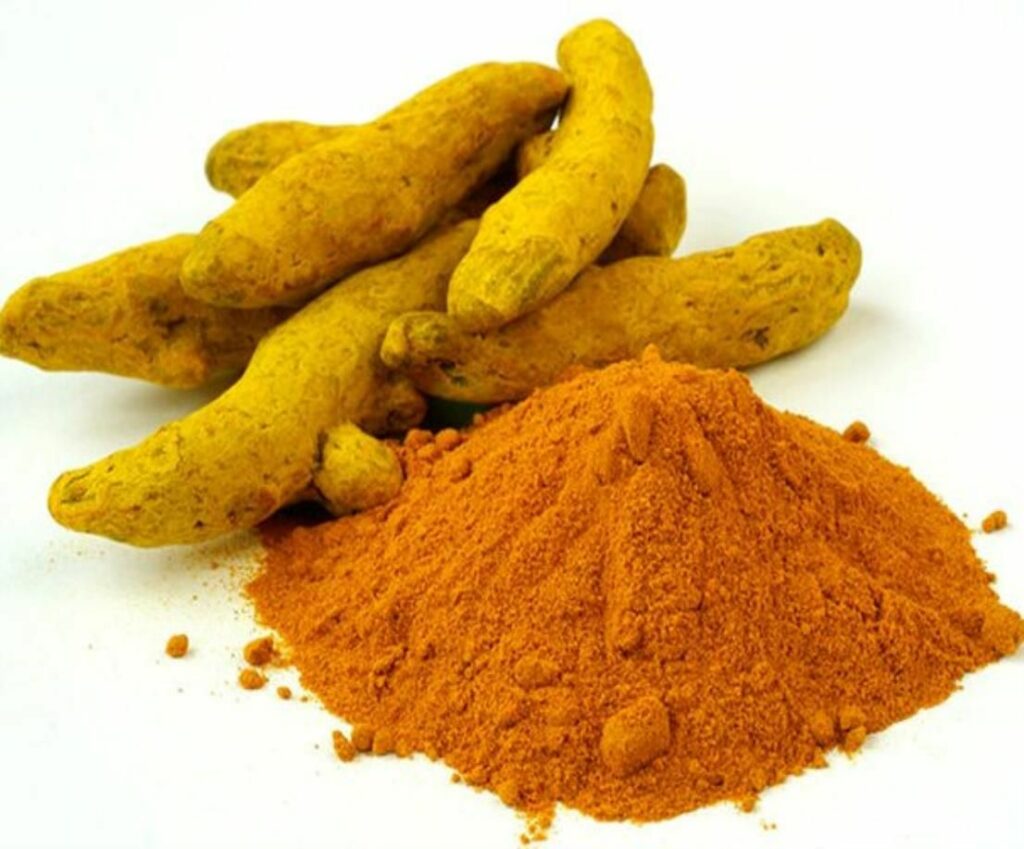Turmeric, a vibrant yellow spice commonly used in cooking and traditional medicine, has gained popularity in recent years for its potential health benefits. Among its many claimed advantages, one of the most frequently discussed is its purported ability to aid in weight loss. In this comprehensive guide, we will explore the scientific evidence surrounding the effects of turmeric on weight loss and examine whether or not it can truly be considered an effective tool for managing body weight.
Understanding Turmeric:
Turmeric (Curcuma longa) is a flowering plant native to the Indian subcontinent and Southeast Asia. Its roots are dried and ground into a fine powder, which is then commonly used as a spice in various culinary dishes. Turmeric contains an active compound called curcumin, which is responsible for its vibrant color and many of its potential health benefits. Curcumin is known for its anti-inflammatory and antioxidant properties, making it a subject of interest in the field of nutrition and wellness.
The Link Between Turmeric and Weight Loss:
While turmeric is often promoted as a weight loss aid, it’s important to note that there is limited direct research specifically focused on turmeric’s impact on body weight. Most of the available studies investigate the effects of curcumin, the active compound in turmeric, rather than the whole spice itself.
Anti-Inflammatory Effects:
One aspect of turmeric’s potential weight loss benefits may be linked to its anti-inflammatory properties. Chronic inflammation has been associated with obesity and metabolic disorders, so reducing inflammation in the body could potentially support weight loss efforts. Curcumin has been shown to suppress certain inflammatory markers and pathways, leading to speculation that it may help regulate metabolism and improve body composition. However, more research is needed to fully understand this relationship and establish a direct link between turmeric and weight loss.
Metabolism and Fat Burning:
Several studies have explored the potential impact of curcumin on metabolism and fat burning. Animal studies suggest that curcumin may influence certain enzymes involved in fat metabolism and increase the expression of genes that promote fat oxidation. However, it’s important to remember that findings from animal studies may not directly translate to human outcomes. Human studies are still limited and inconclusive, and further research is needed to validate these preliminary findings.
Appetite Suppression and Satiety:
Another potential way turmeric could support weight loss is through its impact on appetite suppression and feelings of satiety. Some research suggests that curcumin may affect appetite-regulating hormones in the body, leading to reduced food intake. In one study, participants who consumed a curcumin supplement reported decreased feelings of hunger and an overall reduced desire to eat. However, the sample size was small, and more research is needed to confirm these findings.
Blood Sugar Regulation:
Stabilizing blood sugar levels is crucial for weight management, as imbalances can lead to increased hunger, cravings, and weight gain. Some studies have suggested that curcumin may help regulate blood sugar levels by improving insulin sensitivity and reducing insulin resistance. By promoting better glucose control, turmeric may indirectly support weight loss efforts. However, more rigorous research, particularly in human subjects, is necessary to establish a clear connection.
How to Incorporate Turmeric into Your Diet:
If you’re interested in adding turmeric to your diet, there are several easy and delicious ways to incorporate it into your meals. Here are some suggestions:
- Golden Milk: Mix turmeric powder with warm milk and add a pinch of black pepper to enhance curcumin absorption.
- Curry Dishes: Turmeric is a key ingredient in many curry recipes, adding both flavor and color to the dish.
- Smoothies: Add a teaspoon of turmeric powder to your favorite smoothie recipe for an extra antioxidant boost.
- Roasted Vegetables: Sprinkle turmeric powder over roasted vegetables, such as cauliflower or sweet potatoes, for a flavorful twist.
- Salad Dressings: Create a homemade salad dressing by combining turmeric with olive oil, lemon juice, and your choice of herbs and spices.
It’s important to note that while turmeric is generally considered safe for consumption, it may interact with certain medications. If you have any underlying health conditions or are taking medication, it’s best to consult with a healthcare professional before adding turmeric or curcumin supplements to your routine.
Conclusion:
While turmeric has been praised for its numerous health benefits, including potential weight loss support, the scientific evidence surrounding its direct impact on body weight is limited. Studies focused specifically on turmeric’s effects on weight loss are scarce, with most research centered around the active compound curcumin. While some studies suggest that curcumin may have positive effects on inflammation, metabolism, appetite, and blood sugar regulation, the findings are preliminary and require further investigation. Adding turmeric to your diet can still be a flavorful and nutritious choice, but it should not be solely relied upon as a magic weight loss solution. To achieve and maintain a healthy weight, it’s essential to incorporate a balanced diet, regular physical activity, and other evidence-based weight management strategies.

